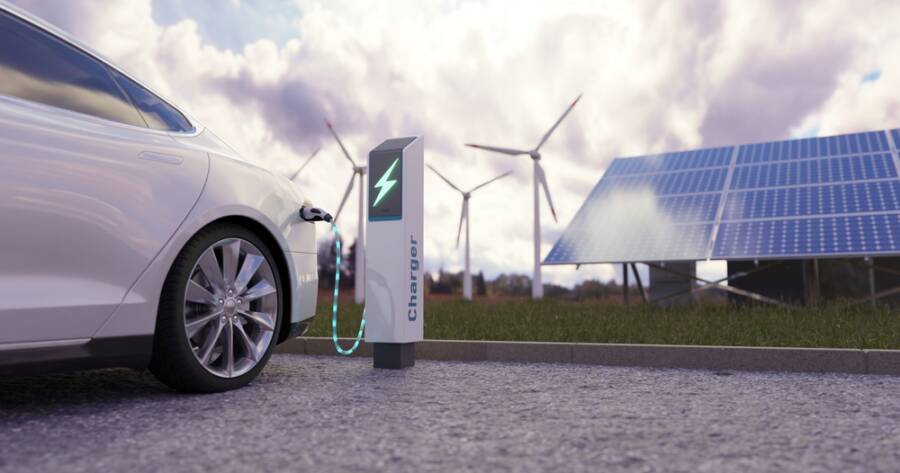Electric vehicles (EVs) have gradually transitioned from a futuristic concept to a tangible reality on our roads. As innovation accelerates and environmental concerns intensify, EVs are poised to redefine how people perceive and experience driving. With the potential to transform not only personal transportation but also broader societal norms, this quiet revolution in the automotive industry beckons attention. EVs might reshape the future of driving, presenting opportunities and considerations across various facets of daily life.
The Rise of Electric Vehicles
In recent years, the adoption of EVs has witnessed a significant uptick. Various factors, including technological advancements, policy incentives, and changing consumer preferences, have contributed to this growth.
Although traditional combustion engines still dominate, manufacturers have invested heavily in EV technology, fostering healthy competition. This evolution might lead to a shift in market dynamics where EVs become the norm, potentially offering cleaner alternatives to conventional vehicles.
Environmental Impact and Sustainability
With global concerns over climate change, the appeal of EVs often lies in their potential to reduce emissions. Many governments are exploring EVs as a key strategy to meet carbon reduction targets.
While electric vehicles offer a promising reduction in tailpipe emissions, it is crucial to consider the entire lifecycle, including production and disposal. Although EVs might contribute to minimizing air pollution, the environmental impact depends on factors such as energy sources for electricity and battery manufacturing processes.
The Role of Technology in EV Development
Advancements in technology are at the heart of the EV revolution. Developments in battery technology, for instance, have shown potential for increasing range and reducing charging times, making EVs more practical for everyday use.
As autonomous driving technology progresses, EVs could further redefine transportation. Despite promising developments, ongoing research and innovation are likely needed to overcome current challenges and optimize the functionality and efficiency of EVs.
Economic Factors and Market Trends
The economic aspects of EV adoption are multifaceted. Initial costs can be a barrier for some consumers, although potential savings on fuel and maintenance might offset these expenses over time.
Government incentives in several countries have aimed to make EVs more accessible to the public. As production scales and technology advances, prices could decrease, potentially widening the market. A shift towards EVs might also influence job markets, demanding new skills and expertise in the automotive industry.
Challenges and Considerations
While the transition towards electric vehicles holds promise, numerous challenges need addressing. Infrastructure development, particularly charging stations, is crucial to support widespread EV adoption.
Range anxiety remains an issue despite improvements in battery technology, influencing consumer confidence. Additionally, comprehensive policy frameworks are necessary to address these hurdles, ensuring that the growth of EVs aligns with broader societal and environmental goals.
The Future of Urban Mobility
As cities continue to grow, EVs may play a vital role in shaping urban mobility. The quieter and cleaner nature of electric vehicles could contribute to improved urban environments, enhancing the quality of life for residents.
Some urban planners are considering integrating EVs into public transportation systems to create efficient, sustainable networks. The potential integration of EVs with smart city technologies could further revolutionize urban living, offering new ways to navigate and interact with cityscapes.
Learn More Today!
Electric vehicles hold the potential to significantly influence the future of driving. As EV technology evolves, it might offer more sustainable and innovative solutions to transportation challenges. While there are numerous benefits associated with EV adoption, careful consideration is needed to address existing challenges and optimize opportunities.
The journey towards an electric future is complex, filled with potential and uncertainties. Whether society fully embraces this transformation remains to be seen, but EVs are likely to remain a pivotal aspect of discussions on the future of mobility.

